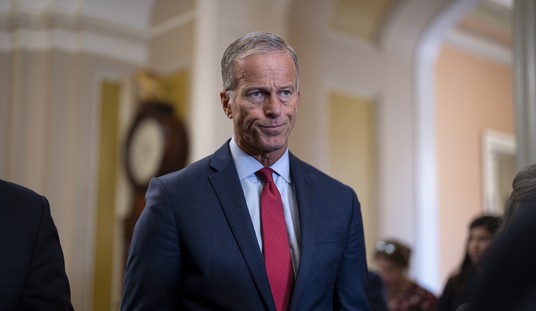I’m no apologist for Big Oil. As a resident of South Louisiana, I’ve seen the mess that was left behind when they left for greener pastures. The simmering animosity between the “majors” and us “independents” goes back generations. They also have enough dough to carry their own water; they don’t need the help of a small fish blogger like me.
That being said, the press has not used the phrase “Rush to Judgment” a single time in the last 60 days.
And apparently Toyota now manufactures nothing but perfectly safe cars. I haven’t seen a Toyota headline in, oh, about 62 days.
The government’s case against BP was summarized in Congress’s letter to Tony Hayward, “inviting” him to testify before the House Subcommittee last Thursday. Bearing in mind that we are looking at what amounts to the plaintiff’s complaint in a lawsuit, I’d prefer not to be on the side defending BP.
The two decisions that BP made that probably contributed most directly to a hazardous situation were: 1) the decision to run a long string of casing, instead of a liner with subsequent tieback; and 2) the decision to proceed with cementing the casing against Halliburton’s recommendation, despite continued returns of gas cut mud and lots of indications of a low expectation of a good cement job.
There were a number of other warning signs and decisions made because “it has worked before; we’ll probably get away with it”. Having guessed wrong on the casing and the cement, when the dominoes started toppling, it was impossible to stop them.
I can’t emphasize enough the degree to which safety culture pervades all the major oil companies, not just BP. On my recent visit to D.C., I remarked about the stark difference in culture. If a major oil company would have been holding that hearing, with +/- 75 people crammed in a relatively small space, the meeting would have started with a safety briefing informing all attendees as to means of egress in the event of a fire, etc. Avenues of exit from that building are poorly marked. Big Oil, I concluded, is much safer than Congress.
In fact, by all reports from people who have worked for all the majors, BP sets the bar for an obsession on safety. Several people have used the term “overkill”: constant training and reminders about safety. Even their safety meetings have safety meetings. My company’s office is in the same building as a BP production office. You will not find a BP employee’s vehicle in the parking lot which has not been backed in to its space. I’ve heard stories about employees of other major companies losing their jobs for casually pulling forward into a parking space at work.
Such is the challenge of managing human behavior with safety as a goal. I can believe backing into a parking space is statistically safer than pulling forward, and backing out. But it is all too easy to focus people’s attention on the multitude of individual trees that surround them, while losing sight of the forest. Translating a sincere safety culture into the area that matters most, well design and operations standards, was apparently where BP failed.
Much has been made of the decision to run the long string vs. liner. The WSJ article linked above estimates the saving at $7-10 million, and the fact that some of BP’s peers rarely use long strings in this application. Two drilling engineers for whom I have great respect identified that decision early on as a questionable decision. Each of the majors has a well design style and philosophy. BP’s was within the law and had worked many times before, but left little room for error. Certainly that’s an issue that deserves more study.
If there’s a continuum between “poor judgment” on one end, with “negligence” in the middle and “gross negligence” on the extreme end, I would assume that BP exercised a series of poor judgments that ended up biting them in the backside. One of the Congressmen used the term “groupthink” to describe BP’s probable decison making mode, and I tend to agree. It’s not clear to me that there was ever one individual in the decision process who took accountability for the whole outcome; rather, there were a series of low-level decisions based on “we’ll probably get away with it” thinking, but unfortunately, they were wrong.
It’s still not time for assigning blame. Job #1 is controlling the well. There will be plenty of time to decide who’s to blame, and who will pay. BP, if they’re not completely ground into the dirt by the Obama Administration, has the assets to make restitution. And if, at some point, the Administration loses confidence that BP is up to the task of controlling the well, they should assemble an industry-wide team of the best and the brightest, and get the hell out of their way.
Cross-posted at VladEnBlog.












Join the conversation as a VIP Member